What collapse of German coalition government means
Following the collapse of the German government, snap elections will be called on February 23rd. Last week, the government lost its majority in the German parliament, the Bundestag.
Since the last elections, the country has been ruled by a coalition of three parties, the Social Democrats, SPD, and the two smaller parties, The Greens and the liberal FDP.
The government has faced mounting pressure and disagreement since the start of the Ukrainian war in February 2022 and Operation Al-Aqsa Flood on October 7 last year.
Germany is the biggest European financial donor and military supporter of Ukraine and Israel.
Disagreement over further budget spending resulted in the dismissal of Christian Lindner as financial minister which in turn led to the FDP leaving the government.
I made a political decision last week and dismissed the finance minister.
This decision led to changes in Germany's political landscape.
It was a correct decision.
There will be snap elections very soon.
Olaf Scholz, German Chancellor
In opposition to Germany's role in the wars in Eastern Europe and the genocide in West Asia, ten parliamentarians formed a new anti war party, Bündnis Sahra Wagenknecht, BSW.
People in Germany are fed up with the coalition. They don't want this war rhetoric.
The conservatives will not bring any change.
The coming elections need to strengthen the forces of peace and against war, and we are the only force consistent in this regard.
We don't need a government that hopes that Donald Trump will bring peace or anything.
We need a government that works independently of the US and stops escalating the aggressions and wars.
Sahra Wagenknecht, German MP
The party recently made impressive gains in three local elections in eastern German states.
At a press conference on Tuesday the BSW confirmed that opposition to Germany's pro-imperialist policy will be at the center of their election campaign over the coming months.
The question of war and peace will be an essential focus for our election campaign, because it is a crucial problem.
The candidate of the CDU, Friedrich Merz, declared that he is willing to fire Taurus rockets from Germany to Russia within 24 hours.
This means nothing less than declaring war against a nuclear power.
This is totally irresponsible.
Sahra Wagenknecht, German MP
On October 3, the party organized a mass anti-war demonstration attended by over 50,000 in Berlin.
Polls indicate they will have a strong presence in the next parliament and might change Germany's foreign policy for good.
Opposition to Germany's support for the war in Ukraine and the Israeli genocide is growing.
As a result, an anti-war party was formed earlier this year aimed at rallying opposition to the transatlantic politics of the EU, and Germany.
Political commentators expect the party to fare well in the forthcoming elections.
Hamas rebukes Trump's 'Board of Peace' meeting
Iran and Saudi FMs discuss outcomes of latest indirect Iran-US talks
VIDEO | Maritime anti-terrorism drill
UK's police arrest ex-prince Andrew over sex scandal linked to Epstein
Iran elected vice-chair of UN Special Committee on Charter
Iran envoy says decision made to exchange ambassadors with Egypt
Russia continues to develop relations with Iran: Kremlin
VIDEO | Friends of Palestine meet at UN in Vienna


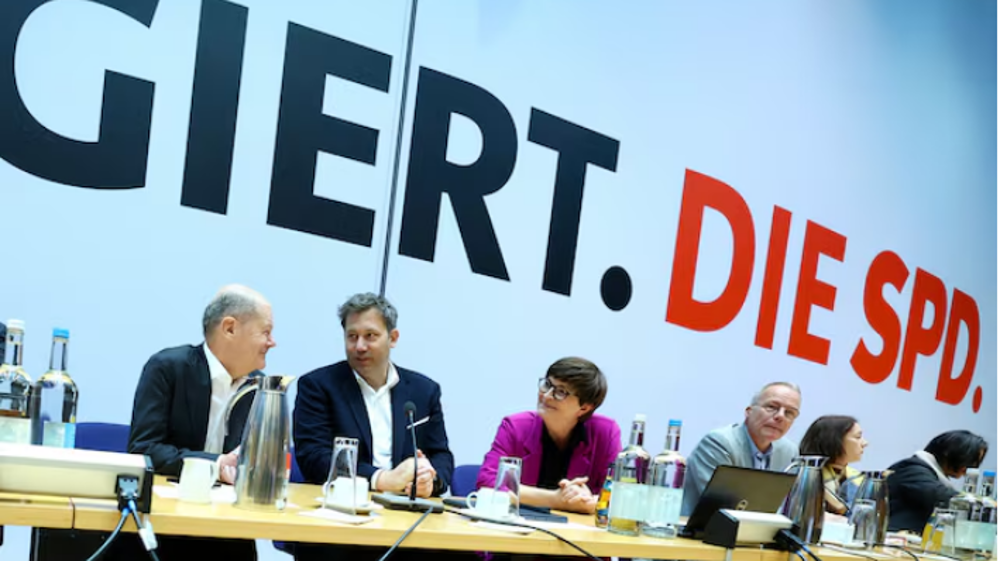
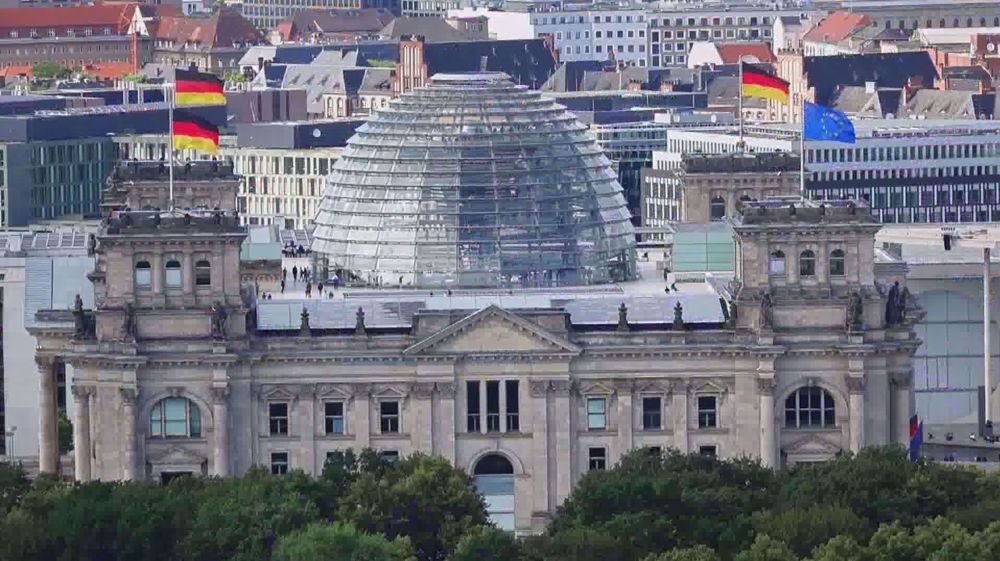
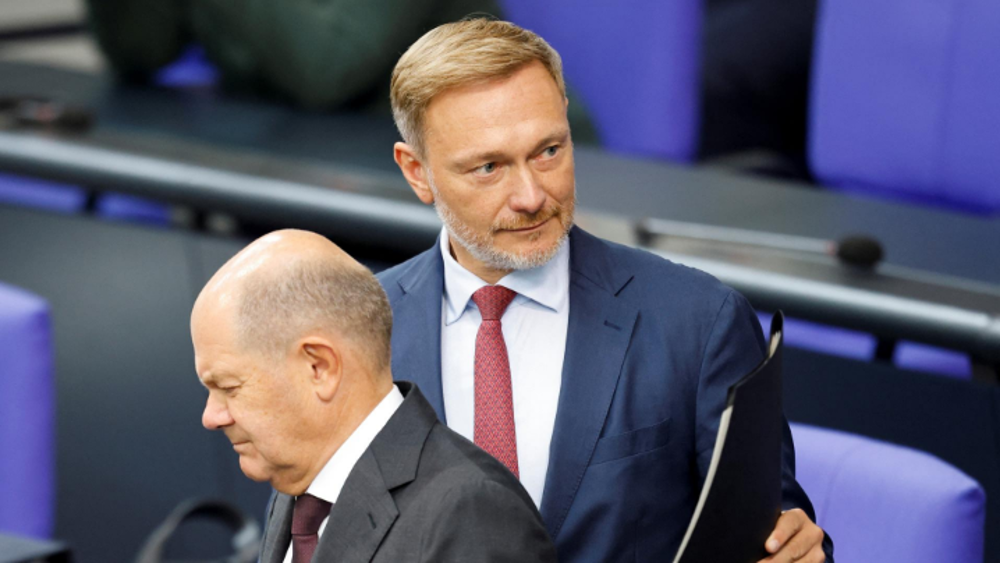
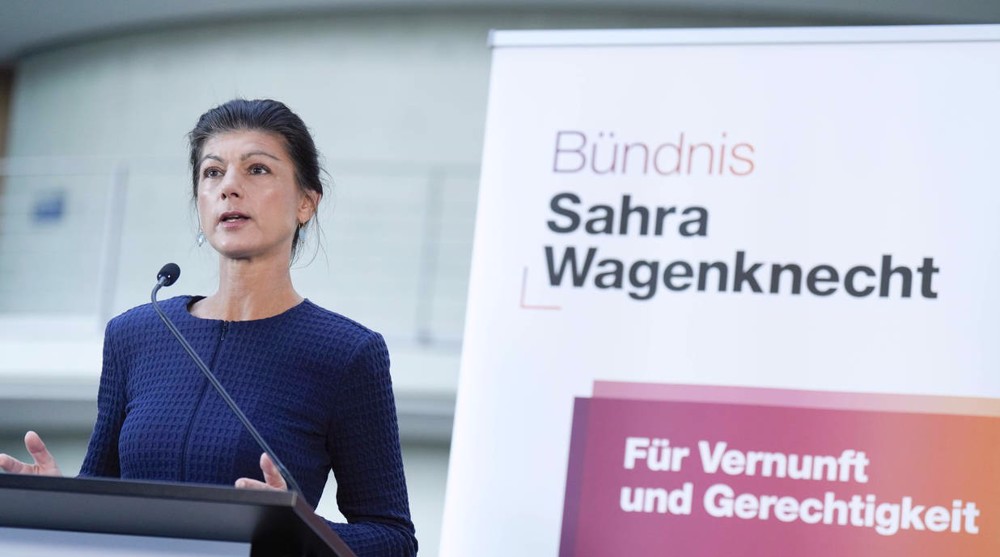
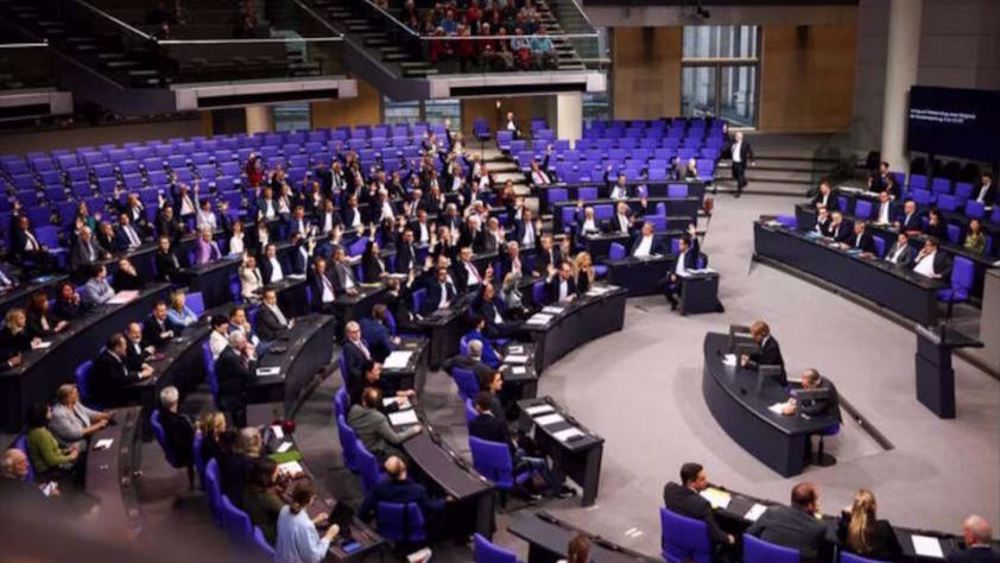
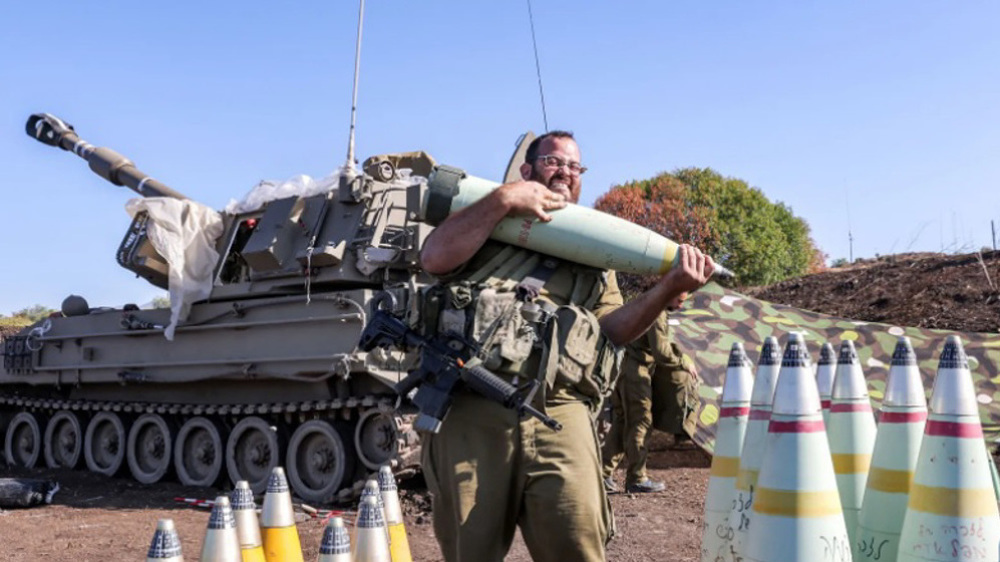

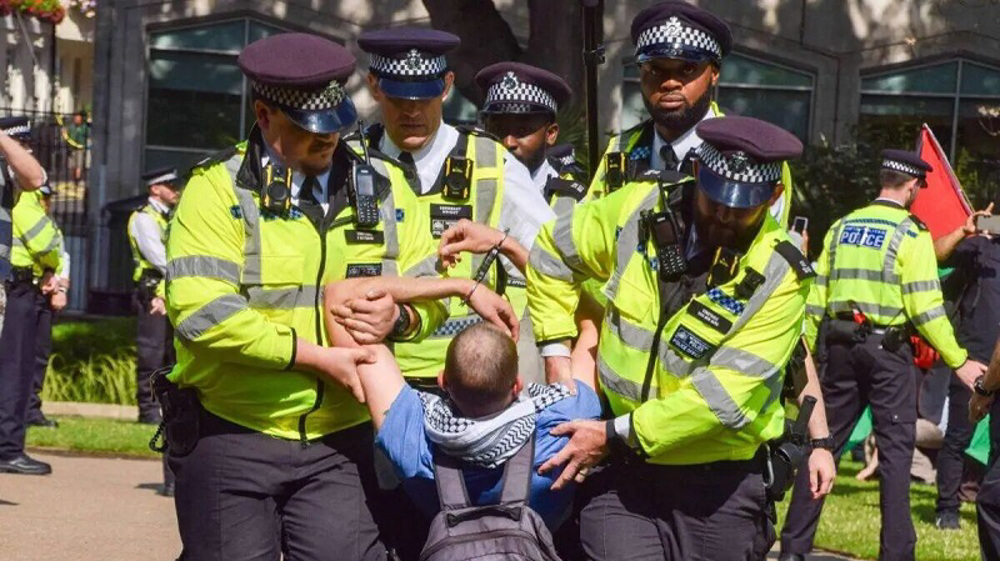
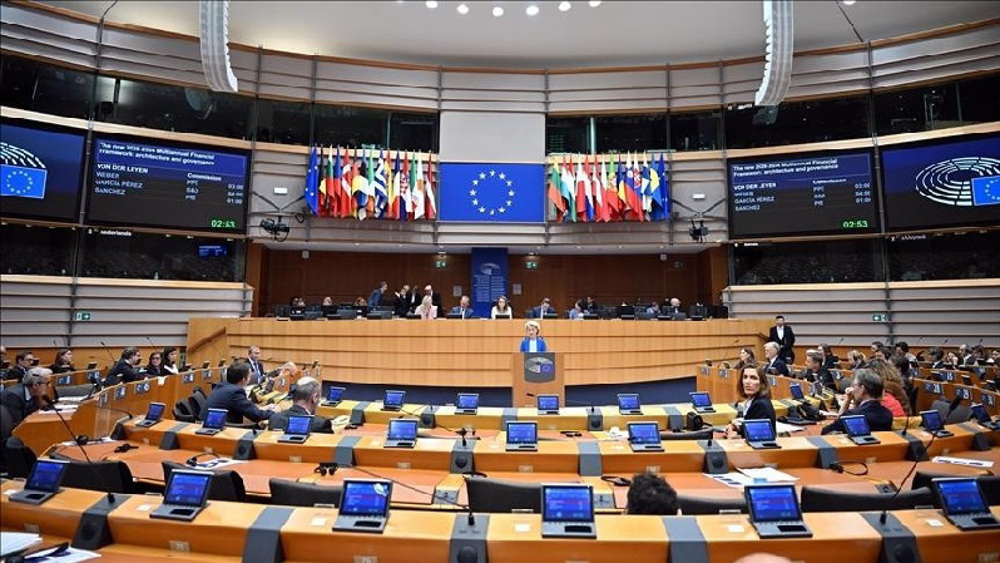



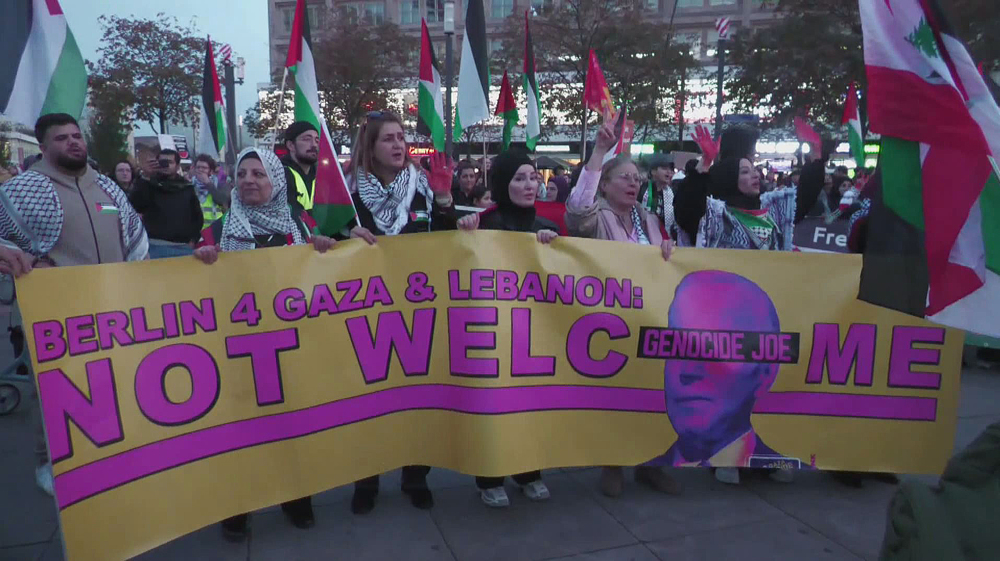
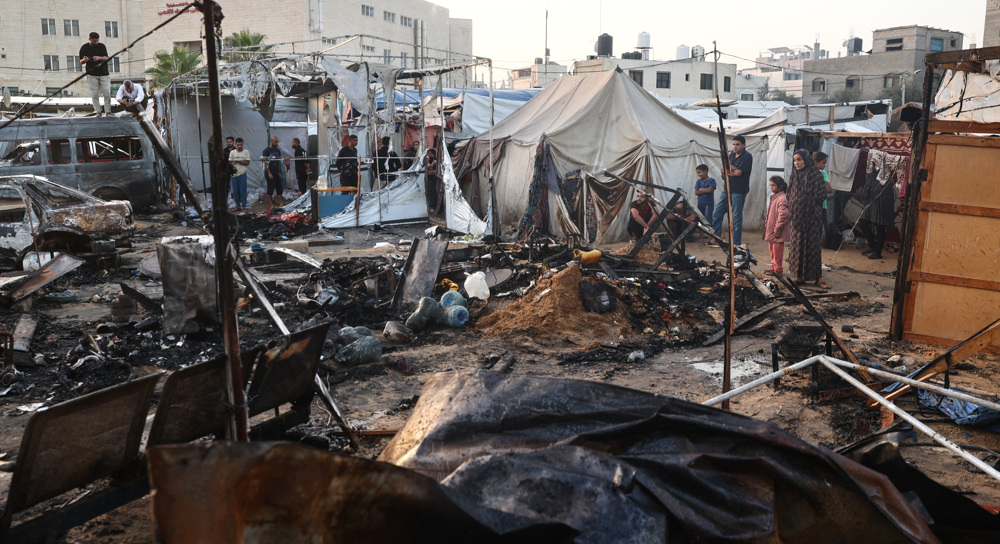
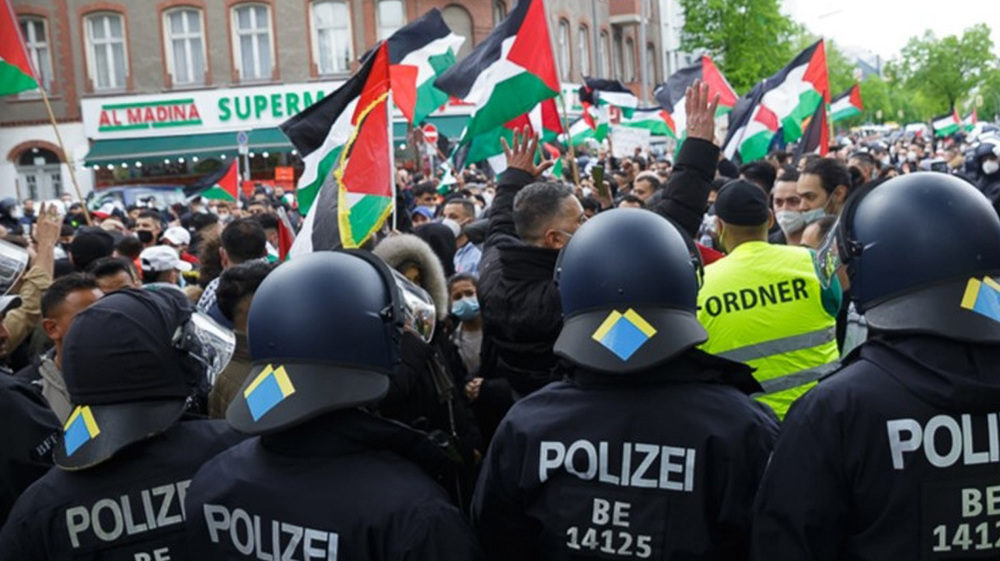
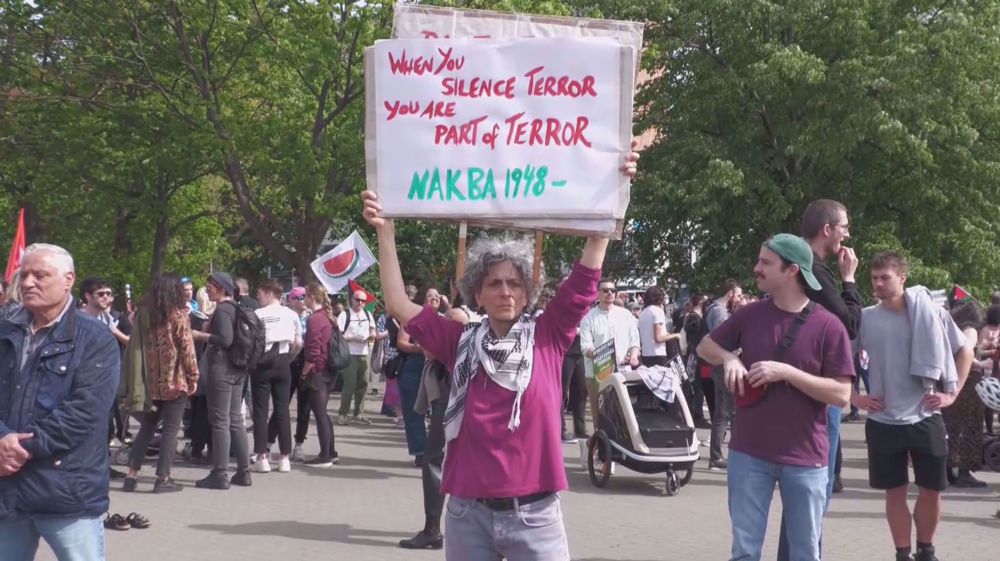

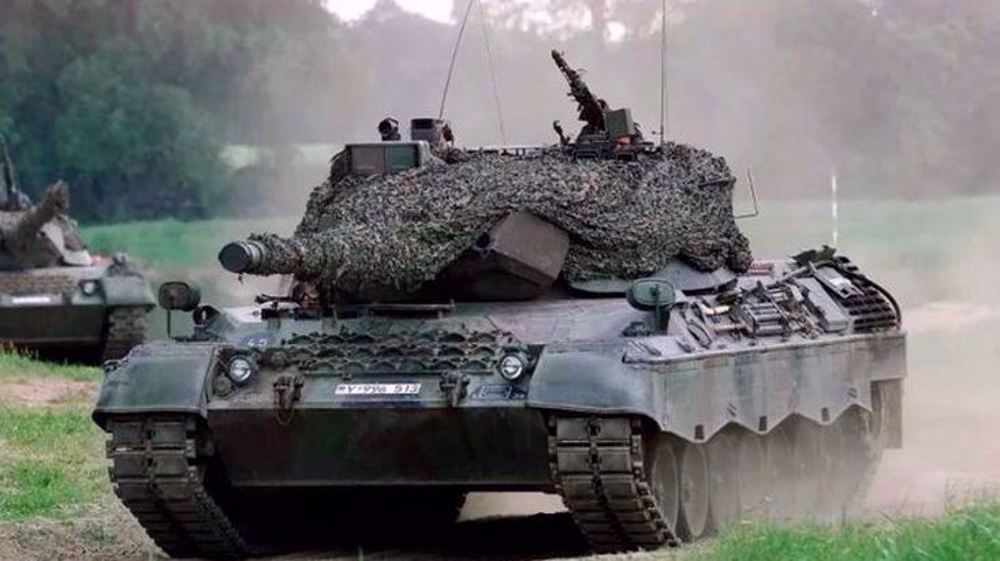
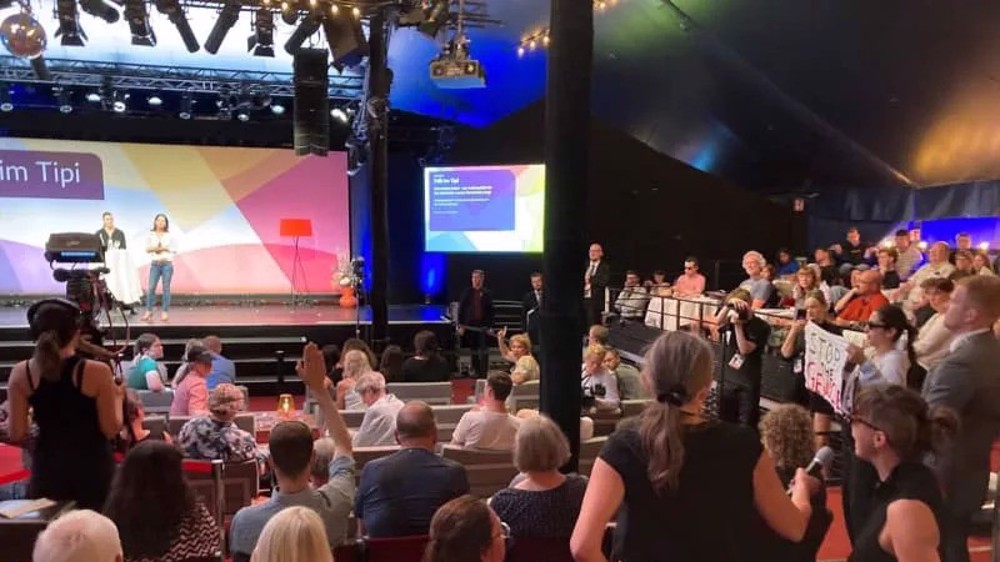
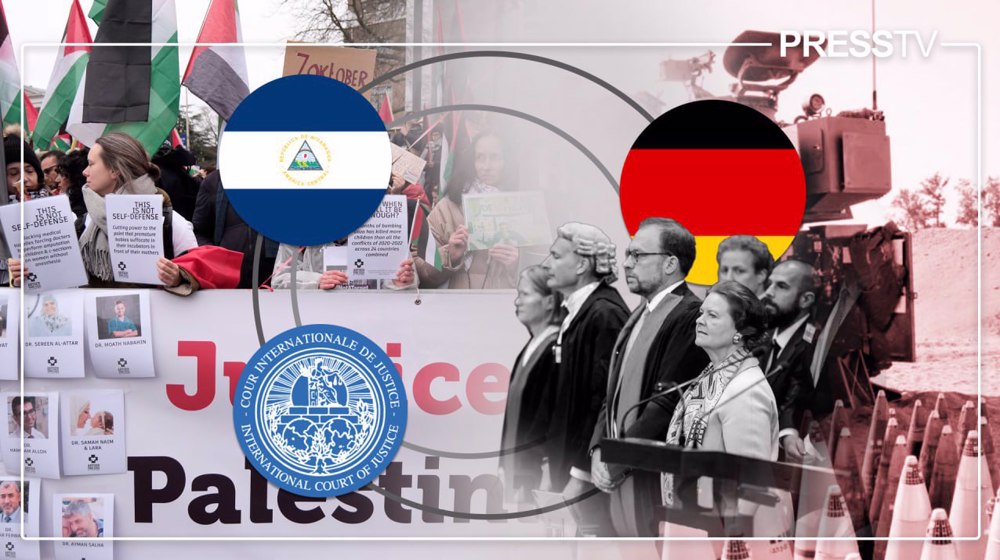

 This makes it easy to access the Press TV website
This makes it easy to access the Press TV website